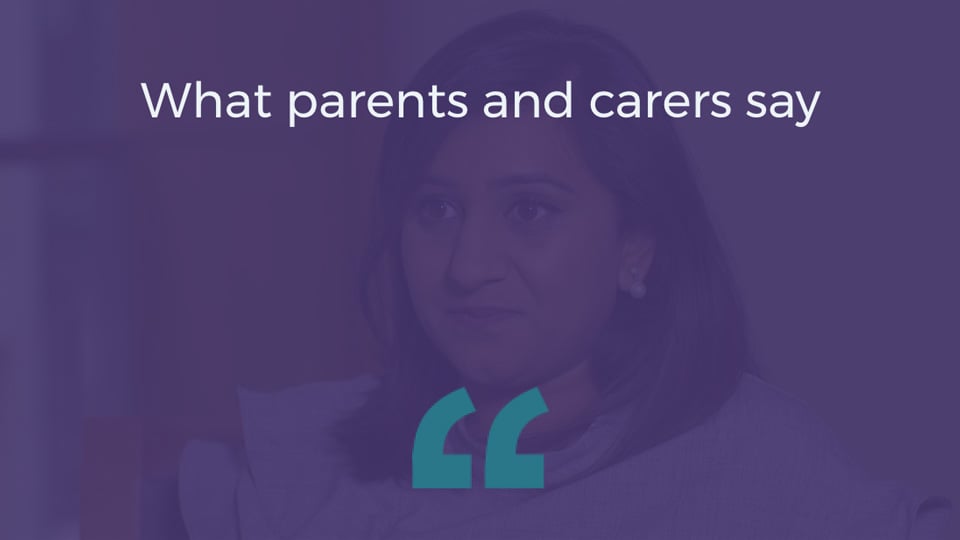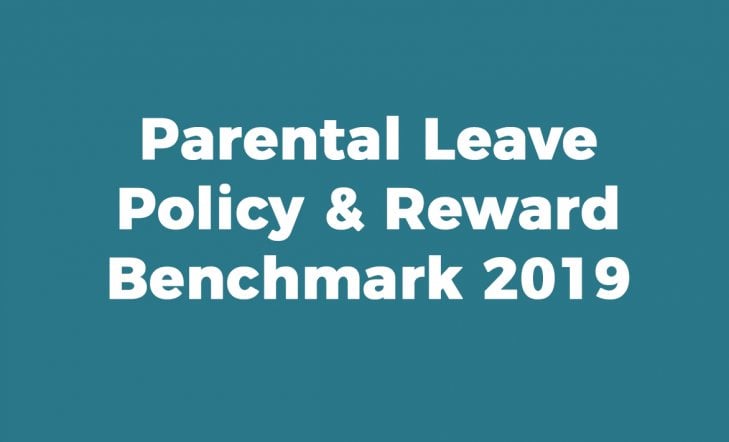Newsletter Sign Up
Regular work+family updates for
HR and diversity professionals.
My Family Care asks Stephen: We hear more and more about the Sandwich generation, and how people are caring for both their children and their parents. But one of the things we fail to grasp is when we become carers ourselves. What is a carer? What advice do you have for someone who discovers they have gone from dependent to carer? And what support is available for carers?
Longer lives mean more care
One of the consequences of the fact that we are living longer is the changing world of care within extended families.
Increasing longevity means that many older people are caring for their elderly parents while providing care for their grandchildren or their own children. They are part of the sandwich generation - caring for children and older relatives at the same time.
As anyone with care responsibilities knows, it's hard enough to juggle at one end of the age spectrum, let alone at both ends. Both childcare and eldercare can be unpredictable, stressful and demanding. Add to that the likelihood that you don't live close to those needing care, and it all becomes very difficult.
At last there is increasing recognition of the sandwich generation; employers and government are keen to help women of all ages to stay in work and remain productive.
An increasing need for support
While much has been done in recent years to support working parents with childcare, much more needs to be done to help working carers.
Some six million people in the UK care for another adult, but at some point in our lives we will all have a caring responsibility for a loved one. But most of us don't see ourselves as 'carers', don't get any support and don't look for help; we do it out of love and duty.
Councils and employers should identify and reach out to carers so they get the support they need to carry on caring.
Helping carers to stay productive
What help do carers need to be able to care and maintain their own lives? For some, it will be an understanding employer who recognises that work needs to be flexible and that sometimes there will be emergencies. For others, it may be some time off from caring once in a while to recharge the batteries.
We also need better advice and information on the support available. And we need GPs and councils to be much better at spotting carers and the danger signs when carers are under pressure and their own health and wellbeing are threatened.
Who's getting effective care?
We are in the midst of a care crisis, where fewer older and disabled people are getting the care they need from their local authority.
Increasingly, family carers are expected to step in and pick up the pieces.
At the same time, grandparents are throwing a life line to families squeezed by falling incomes and rising childcare costs. The contribution they are making within their families and the wider economy is enormous and rising.
Grandparent care is on the rise
Grandparents are such an important part of children's lives and are, it would seem, playing an increasing role in providing an affordable way for parents to continue working. As the state pension age rises, it may become increasingly difficult for grandparents to continue providing such invaluable support; this is why charities would like to see everyone being able to request flexible working arrangements from their employers.
Research shows that grandparents providing childcare tend to be grandmothers who are younger, fitter and healthier, but no longer working. They are the very women who are being expected to remain longer in work to pay for healthcare and pensions in older age.
The risk is of an emerging childcare gap, as grandmothers stay in paid work and are no longer available to provide care, with mothers leaving the labour market as a result.
Government funding towards care costs
The Government needs to respond by increasing the affordability and availability of formal childcare, and making it easier for grandparents to combine work and caring responsibilities. We need more flexible working and greater flexibility in the way parental leave can be used, for example, making it transferable to a grandparent.
A useful first step would be to make emergency leave when children are ill or schools are closed available for grandparents.
The sandwich generation are pioneers at the cutting edge of care. They can help future generations by highlighting their care needs today.
Stephen Burke, Director of Good Care Guide and United for All Ages












